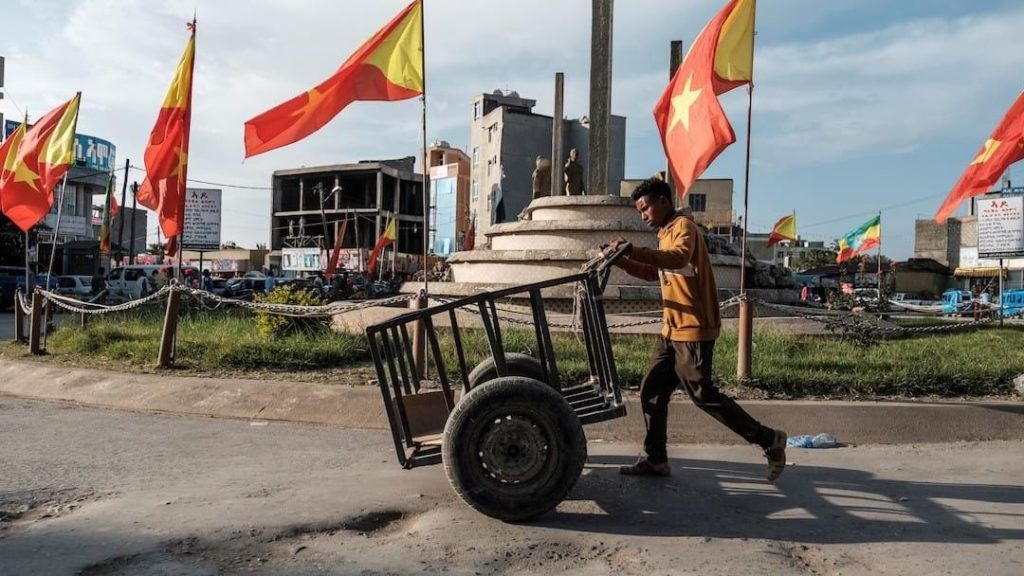In a sign of the changing political fortunes of a man who was once a pariah, Eritrea’s President Isaias Afwerki has proven to be a staunch ally of Ethiopia’s Nobel Peace Prize winner and Prime Minister Abiy Ahmed, giving his troops much-needed support to fight the Tigray People’s Liberation Front (TPLF) in Tigray, BBC reports.
In a recent address to the Ethiopian parliament, the Nobel laureate revealed that Eritrea, a highly militarised one-party state, had fed, clothed and armed retreating Ethiopian soldiers when the TPLF first attacked them and seized their bases in Tigray, an Ethiopian region which borders Eritrea.
Mr Abiy said this made it possible for them to return to fight the TPLF, a former guerrilla movement with about 250,000 forces, until it was ousted from power in the region on 28 November.
“The Eritrean people have shown us… they are a relative standing by us on a tough day,” he added.
This was a significant acknowledgement by Mr Abiy, though he did not go as far as to admit claims that Mr Isaias, had also sent troops to help defeat the TPLF, a long-time foe of the Eritrean leader who has been in power since 1993.
The claim that Eritrean troops are fighting in Tigray was made by the TPLF, civilians fleeing the conflict, and Eritreans inside and outside the country.
“Isaias is sending young Eritreans to die in Tigray. The war will also further weaken the economy. But Isaias will be in power for a long time. He lets people fight for their survival so that they do not fight for their freedom,” said Paulos Tesfagiorgis, an Eritrean human rights campaigner who was forced into exile by the regime in Asmara.
A US state department spokesperson also said there were “credible reports” of the presence of Eritrean troops in Tigray, and called it a “grave development”.
Both governments deny the reports, with Eritrea’s foreign minister, Osman Saleh Mohammed, describing them as “propaganda”.
As for UN chief António Gueterres, he said Mr Abiy had assured him there were no Eritrean troops in Tigray, except in territory that Ethiopia had agreed to hand over following a historic peace deal between the two nations in 2018.
The deal ended the “no war-no peace” situation that had existed between the two nations since their 1998-2000 border war, which left up to 100,000 people dead. It earned Mr Abiy the Nobel Peace Prize, though the territory had not been transferred to Eritrea by the time the conflict in Tigray had started in early November.
Mr Abiy’s government has heavily restricted access to Tigray for the media, UN agencies and human rights bodies, making it difficult to verify reports or to investigate allegations of atrocities made against all sides in the conflict – including the shelling of a hospital from Eritrean territory.
Eritrea has not commented on the alleged shelling, mentioned in a statement by the UN human rights chief. Mr Abiy denies that his troops have killed a single civilian in Tigray.
“This war has been fought in absolute darkness. No-one knows the true scale of the conflict or its impact,” said Kenya-based Horn of Africa analyst Rashid Abdi.
